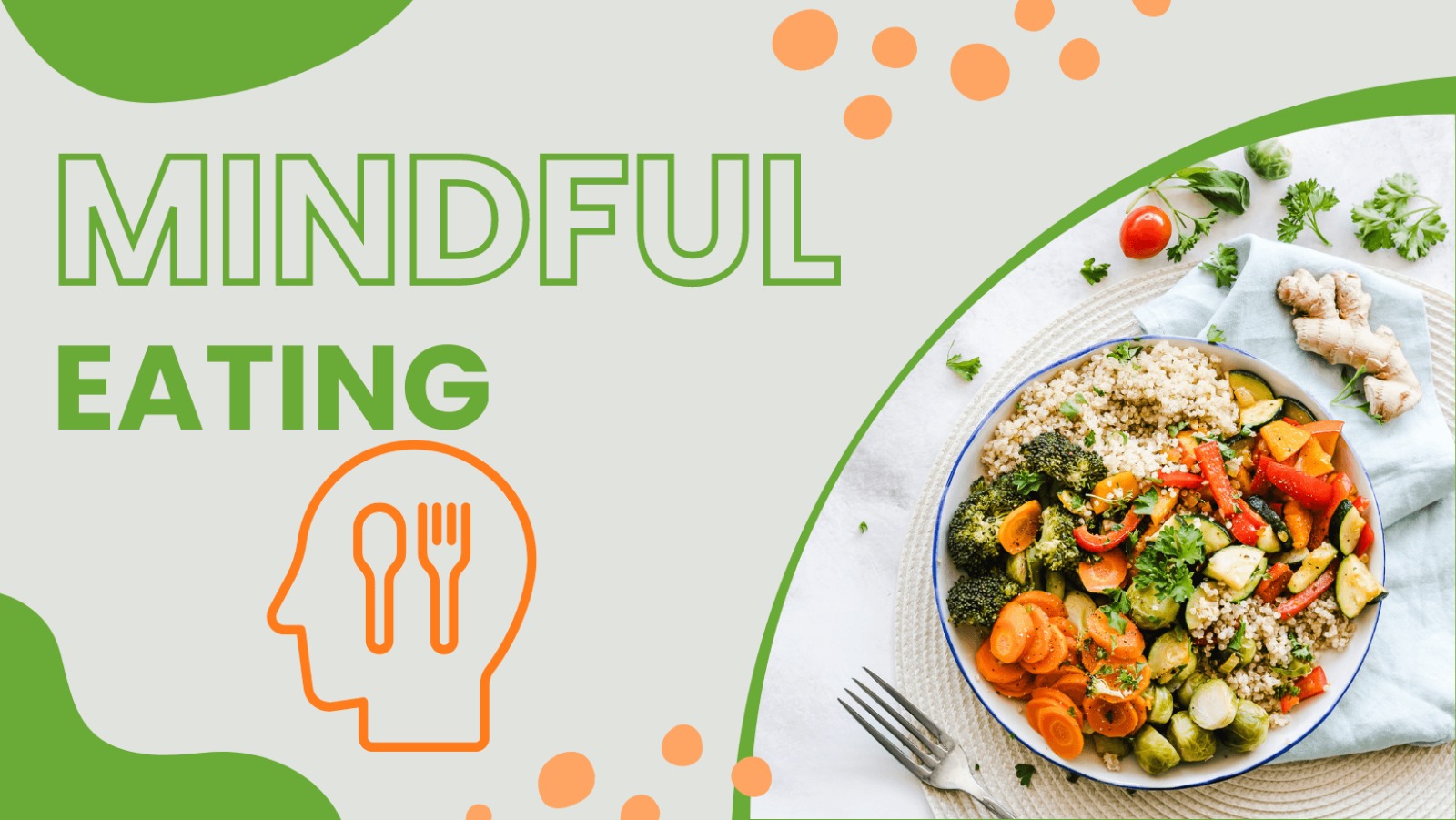Gut health is having its most vibrant moment yet, with new trends, diets, supplements, and “miracle fixes” surfacing every week. But which habits and hacks are actually backed by science—and which could sabotage your gut? Dr. Saurabh Sethi, a Stanford- and Harvard-trained gastroenterologist, has released his much-anticipated 2025 rankings, separating fad from fact in the ever-crowded world of digestive wellness.
Mindful Eating and Diversity: Top of the Trend Table
Dr. Sethi stresses that the basics still reign supreme. “Diverse, plant-rich diets and mindful eating outpace every supplement on the shelf,” he says. He ranks these habits as the gold standard for sustainable gut health. Diverse fiber sources, from legumes to leafy greens, promote a resilient microbiome and are strongly linked to improved mental health via the gut-brain axis.
Mindful Eating: Chewing slowly, savoring each bite, and eating in a relaxed environment reduces gut inflammation and supports healthier digestion. Mindfulness around food choices is rated a “must-do” by Dr. Sethi.
Diverse Diet: Regularly incorporating a broad range of whole foods, herbs, and spices—like turmeric, ginger, and fennel—encourages healthy bacterial diversity and improved gut function.
Probiotics: Choose Wisely
Probiotics have become a supermarket mainstay, but Dr. Sethi urges consumers to cut through the hype. Live-culture yogurts and fermented foods are rated highly for supporting beneficial gut bacteria. However, not all probiotic supplements are created equal. Dr. Sethi recommends choosing simple, clinically tested options (like unsweetened yogurt, which scores 10/10) and being wary of brands that overpromise miracle effects.
Best probiotic foods: Unsweetened yogurt, idli (a fermented South Indian staple), and miso are recommended.
Supplements: Look for well-studied strains and skip expensive “designer” probiotics unless clinically indicated.
Fasting Fad: Structure Matters
One big myth busted by Dr. Sethi in 2025: unstructured intermittent fasting or so-called “miracle fasts” for gut health. He warns these can be disruptive or outright harmful, especially if not conducted thoughtfully. He strongly recommends structured meal timing or “time-restricted” eating only under the guidance of a dietitian, and never as a one-size-fits-all solution.
Skip: Chaotic daily fasting schedules, lengthy soup-only cleanses, or drastic calorie cycling.
Instead: Focus on balanced, regular meals and be guided by your body’s signals.
Superfood Hits and Misses
Dr. Sethi offers a nuanced take on viral “superfoods”:
Top Rated: Avocado (9/10) and cruciferous vegetables like broccoli and cauliflower (8/10) score high for supporting both gut lining and the gut-brain axis with healthy fats and anti-inflammatory compounds.
Middle Ground: Blueberries (7/10), sweet potatoes (5/10), and fermented whole grains provide modest, balanced benefits.
Low Scorers: Processed snacks (movie popcorn 4/10, granola bars 3/10) and sugary drinks (fruit juice 2/10) are gut unfriendly—and white bread (1/10) sits at the very bottom as a “microbiome menace,” spiking blood sugar and feeding harmful gut bacteria.
Scoring the Gut Health Hacks
Weekly Wins
-
Unsweetened yogurt and classic fermented foods: 10/10
-
Avocado, cruciferous veggies: 8–9/10
-
Mindful, diverse eating and regular meal timing: 10/10
Cautious Cheers: Home fermentation (if done safely), blue-green algae, and kombucha can be good—if not overdone or contaminated.
Proceed With Caution: Designer “detox” teas, extreme fasts, and viral soup diets often do more harm than good.
The Doctor’s Top Tip: “The gut loves variety, predictability, and patience—care for it like a garden,” Dr. Sethi concludes.
Looking Ahead
Dr. Sethi’s evidence-based rankings encourage a back-to-basics approach for gut wellness: eat real food, eat mindfully, favor fiber and ferments, and don’t ignore your own body’s cues. In a world of overnight “miracle fixes,” good gut health is still a daily practice—rooted in wisdom and supported by science.
Sources: Times of India, Economic Times, Hindustan Times, Healthline

